A Conversation with Chief Jean-Charles Piétacho
Innu Council of Ekuanitshit, Québec
Introduction
Chief Jean-Charles Piétacho, who has fought for his Innu community and its ancestral territory of Nitassinan for over 30 years, spoke to Serai editor Jody Freeman on December 12, 2022. After years of forging relationships with other communities in the Côte-Nord region, in February 2021, the Innu Council of Ekuanitshit obtained legal personhood status for the Magpie River, in collaboration with the Minganie Regional County Municipality and the Alliance Muteshekau Shipu.
This wild and magnificent river is now considered a person, with nine legal rights:
- the right to flow;
- the right to respect for its cycles;
- the right for its natural evolution to be protected and preserved;
- the right to maintain its natural biodiversity;
- the right to fulfil its essential functions within its ecosystem;
- the right to maintain its integrity;
- the right to be safe from pollution;
- the right to regenerate and be restored; and
- the right to participate in court proceedings and to sue.1
The Innu Council of Ekuanitshit and the Minganie Regional County Municipality are its guardians. Muteshekau Ship is the first river in Canada to obtain personhood rights.
This initiative spearheaded by the Innu Council of Ekuanitshit and its allies is part of a global movement to recognize the rights of nature, with leading initiatives in Ecuador (2008), New Zealand (2017) and Bangladesh (2019) and a host of other countries (Colombia, Mexico, Chile, the US, Nigeria, the Balkans, etc.).
The fate of the Magpie River is still in doubt, however. The Québec government and Hydro Québec, its public utility, have refused to formally protect it from future hydroelectric projects. To bolster the river’s defence arsenal, the Muteshekau Shipu Alliance recently took its cause to the United Nations. On December 21, 2022, it launched the process of registering the Magpie River as an Indigenous peoples’ and community conserved territory and area (ICCA) under the UN’s environmental program2, the Global Support Initiative.3
As you will see in this conversation with Chief Piétacho, young defenders of the river from the Innu community of Ekuanitshit and the Muteshekau Shipu Alliance have also championed the Magpie’s case at COP154 in Montréal. His admiration for them is palpable.
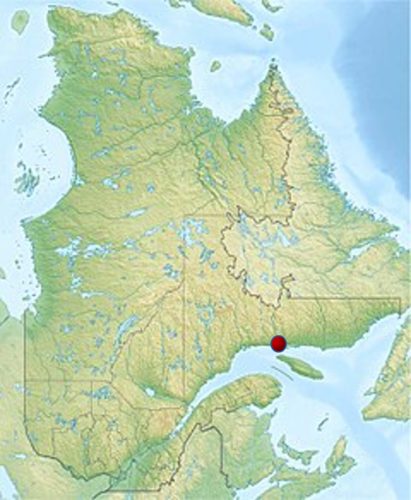
Chief Jean-Charles Piétacho:
We and our territory are part of a whole
The entire territory of our home – Nutshimit in our Innu-Aimun language – is important. For us, it is all connected as a whole. When one part is affected, whether it be a river, or trees, or mountains, or caribou, we Innu are affected as well. We have been interconnected with nature since time immemorial.
For decades, we have been calling for a halt to major hydroelectric projects. But behind us, four dams have already been built. There are mini hydroelectric power stations on the Magpie River and the Sheldrake River. That’s already a lot. The first hydroelectric generating station on the Magpie dates back to 1957. Back then, no one took the time to see if people were living out on the land. The government and corporations did whatever they wanted, without even considering the Innu communities that were living there. Innu families and members of the community were not informed or consulted.
Related reads
- The Root of It by Rae Marie Taylor
- Our Food is in Jeopardy by Subhadra Khaperde and Rahul Banerjee
- Territoires vivants, territoires vénérés by Yves Sioui Durand
- A Mixing of Worlds by Alix Van Der Donckt-Ferrand
That’s why there are more and more of us going to the United Nations to defend our ancestral rights and those stemming from our occupation and use of the territory, and to explain the importance of the territory and nature for us. We have traditionally used only what was necessary for our survival, because if our ancestors and grandparents had over hunted or taken too much, some elements like the caribou might not have remained.
Today, the caribou are in crisis. Now people are taking climate change more seriously. My father, my grandfather and my great grandfather have been talking about these issues for decades, but no one listened to them.
We’re faced with a fait accompli now. We have a dilemma. Does the economy have to take precedence over the environment? Can’t we think about the environment now? Some people claim that dams are part of “sustainable development.” How can they protect the river when they put up four dams? These terms are being used for other ends that have nothing to do with protecting the rivers.
When deforestation takes place, a lot of things are lost because the forest is no longer there as protection. In areas without trees, the rain makes its way into the river more quickly, and the river rises. Many Innu live at the mouth of the Manitou River. For the past few years, the erosion of the river banks has been on people’s minds. If the glaciers melt, the water levels will rise. Every autumn we see the water coming in, and it’s starting to be dramatic. There are people who are predicting that in the next 30 to 50 years, their houses will be flooded and the cemetery will be under water. All our families are here.
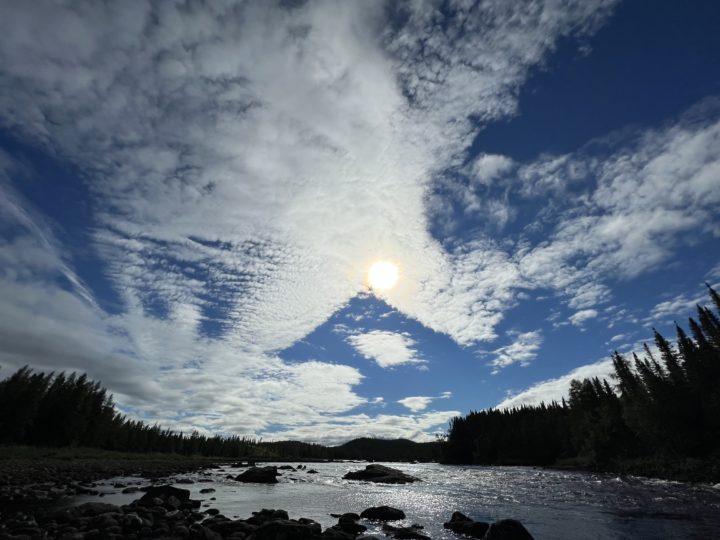
We are an integral part of nature
You can understand why we are so determined to protect our river and why we’ve gone out in the region and taken our cause to the national and international levels to defend our rights and the rights of nature. In defending nature, we are defending ourselves, because we are an integral part of nature. This is not rhetoric or some philosophical concept. We have always considered nature in this way. And our connection with nature is even more important now because of all that was broken by the Indian Act of 1876. We had no rights; we were confined to live in enclosed areas. Still today, even though we can move around freely, our minds and spirit have been altered since 1876 when governments divided up our territory. “Our” doesn’t have the same connation of ownership or possession at all – it couldn’t be further from the Western definition.
The territory has been altered to the point of being despoiled. Hydroelectric power stations and dams have been built on the rivers without consulting us or considering our concerns. They come with ridiculous forms of compensation called “impact and benefit agreements.” There are no benefits in the agreements that have been signed. The problems are even greater than the needs. I would like to build 50 houses for the community, but we have to consider how much wood is taken from the forest, how the houses will be built, whether or not they’ll be built in Canada… All that has to be taken into consideration, even though we really need those houses.
Before, we didn’t have anything and we didn’t need anything. It was a question of survival. Nomadic life was like that. We went to a given area and moved around every year. That was our way of life until the system of Indian reserves forced us to settle in one place. This history is very painful and devastating for us.
It pains me to know that most of our elders never accepted that system. They never gave up their territory. Even if they went to church, they still communicated with the Creator. This communication with the Creator is a source of strength for Indigenous nations. All the situations that came later, through the abuses we suffered in Indian residential schools, are part of our history – and are a stain on the history of Canada.
It hurts when there are transgenerational abuses. Those who were abused become the abusers. The ones responsible for the residential schools said, “They’re going to starve to death, we have to protect them.” But they kept us within a system that enabled them to free up our lands in the meantime, and to penalize our parents by threatening to cut off what little they received from the government if they didn’t accept that system.
In Ekuanitshit, the elders refused to live on the reserve created here in 1963. The federal representatives told them that they wouldn’t have anything unless they moved to the communities created by the government (one to the west and one to the east).
The elders said, “No, we’re fine here. Our spiritual home is here. This is where our needs are met.”

After the elders refused to live on reserves, for the next 20 years they received no services for the community. It took 20 years before they received their first house. It cost $6,000 and wasn’t insulated.
When my grandparents later built their own house, I remember the smiles on their faces. But with that first house, they weren’t smiling. That house didn’t belong to them and it was completely inadequate. We had three families with children in the house, in very small rooms. My two uncles and I slept in the bathroom, which had no toilet. But we never accepted reserves. We never agreed to territorial limits. That’s why we’ve been in territorial negotiations for the past 40 years. Forty years! The federal and provincial governments were absolutely set on imposing their system on us we but we always refused. We walked away from the bargaining table, as the only option open was to recognize their provincial or federal laws. We never accepted because we are a proud people.
This is my life. I am a residential school survivor. I was born close to the earth. I was not born in a hospital. With my first breath, the very first thing I smelled was the earth. And that has stayed with me. That is still part of me. That’s why I’m here, standing to defend our rights and defend nature.
For the Magpie River, I believe we’ve done a wonderful thing by declaring it a legal and moral person
The Magpie is still alive and intact today. So if we have to go to court to fight for it, we will be a force: the river, our Innu community, and the region. Twenty years ago, it was inconceivable that we might engage in such serious discussions with the Minganie Regional County Municipality to protect nature and the territory.
In working together on the issue of oil and gas exploration and fracking on Anticosti Island, we succeeded in defending the environment and are now involved in having this unique island declared a UNESCO world heritage site. The Magpie River is the second issue we’ve worked on jointly with the region. It’s too soon to tell how things will unfold, as Hydro Québec has just refused to put the Magpie on a list of rivers protected from hydroelectric projects. We’re going to take our fight wherever we have to. If it goes to the Supreme Court or elsewhere, even if some of us are no longer around, there are young people deeply committed to the river who can continue the fight.
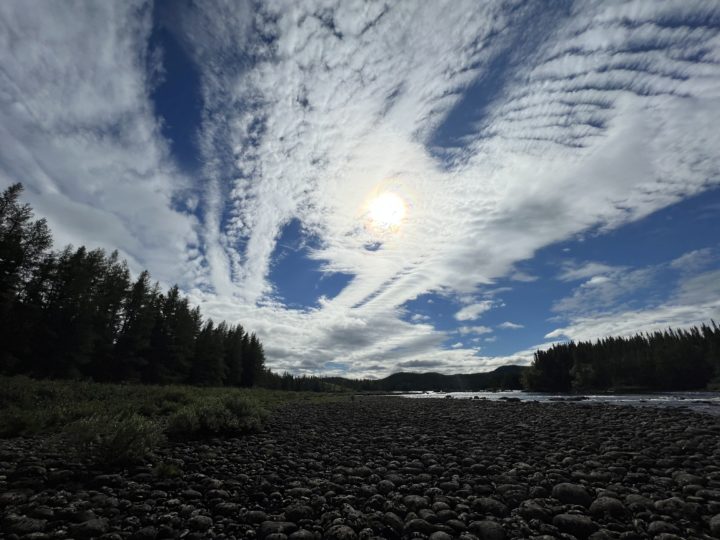
That’s what I love about Ekuanitshit. There are young people who have taken up the cause of the river because they want to preserve it for their children and their grand-children. This is something I heard in the 1990s, and now young people in our community are voicing the same concern. It’s refreshing to hear that. The message is being carried forward. And two young people went to the United Nations to present the history of the river and explain why our rivers are so precious to us. It is wonderful that this heritage is being preserved. I want to express my thanks to these young people for devoting so much of their time to the river. When I hear them talking among themselves, it reminds me of the 1980s when we listened to our elders talk about the relationship they had with Nutshimit. The land is our home, our shelter, our university, our hospital – it is everything to us.
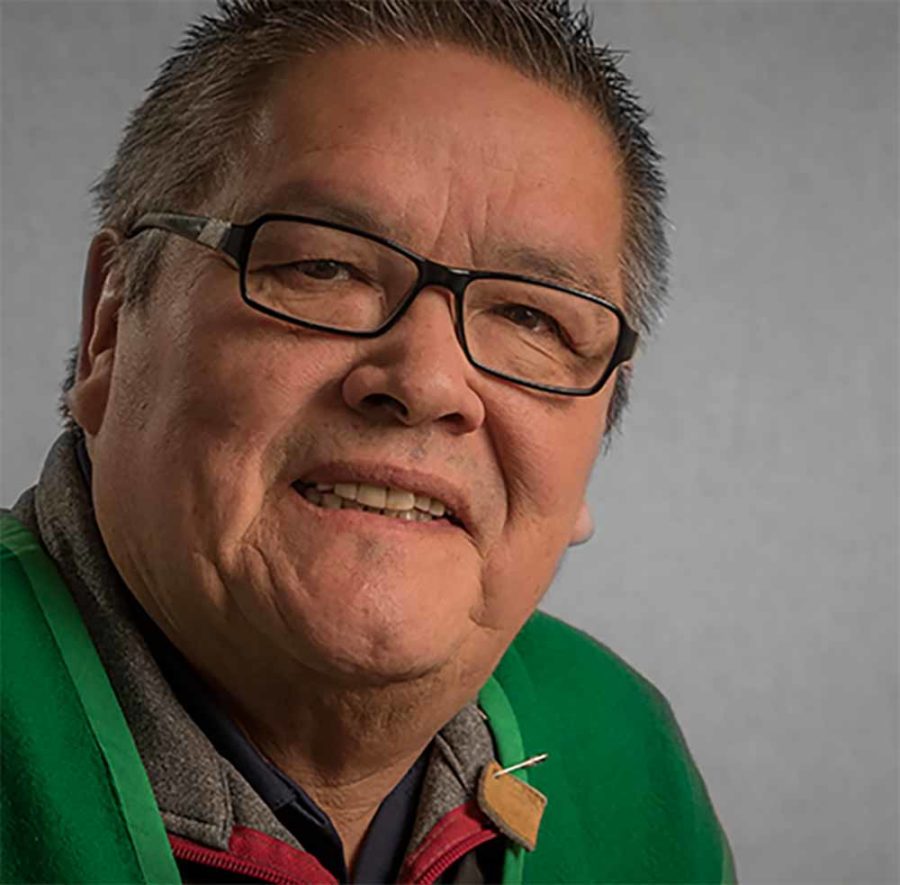
For more information on the Muteshekau Shipu Alliance (Facebook):
Conseil des Innu d'Ekuanitshit (Innu Council of Ekuanitshit) Jean-Charles Piétacho, Chief (418) 965-7593 chef.conseil@ekuanitshit.ca SNAP Québec (Canadian Parks and Wilderness Society - CPAWS-Québec) Charlène Daubenfeld, Director of communications (514) 378-3880 communications@snapquebec.org Municipalité régionale de comté (MRC) de Minganie (Minganie Regional County Municipality) Luc Noël, Reeve (418) 538-6099 prefet@mrc.minganie.org Association Eaux-Vives Minganie (Minganie White Water Association) Mathieu Bourdon, President (418) 553-2707 mathieu.bourdon@hotmail.com
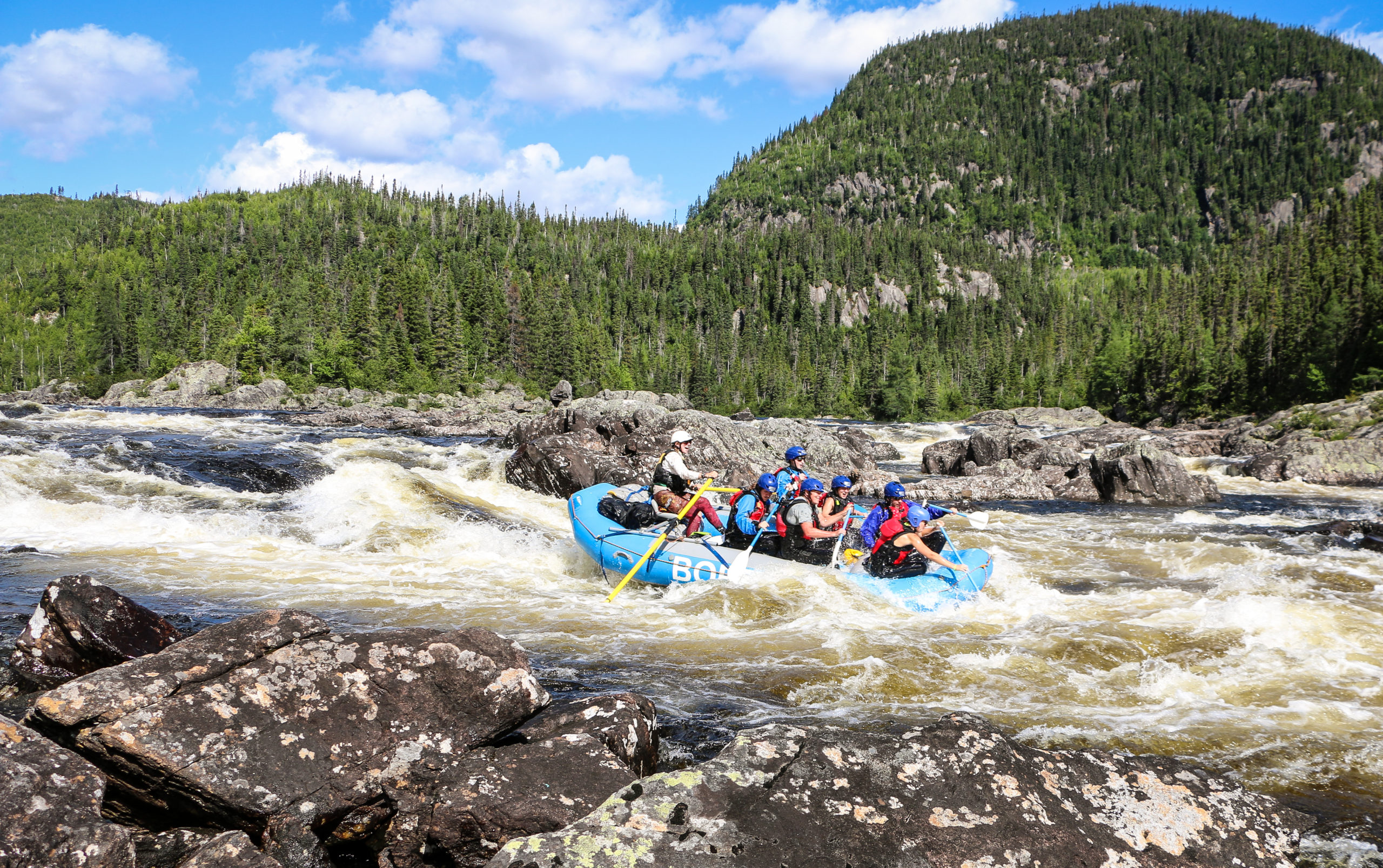
For further reading:
- https://cpaws.org/for-the-first-time-a-river-is-granted-official-rights-and-legal-personhood-in-canada/
- https://cpaws.org/why-recognize-a-rivers-rights-behind-the-scenes-of-the-magpie-river-case-in-canada/
- https://www.nationalobserver.com/2021/02/24/news/quebecs-magpie-river-first-in-canada-granted-legal-personhood
- https://www.iwmf.org/reporting/this-wild-river-in-quebec-is-now-considered-a-person-how-will-it-help-with-conservation/
- https://allard.ubc.ca/about-us/blog/2021/rights-nature-and-indigenous-peoples-navigating-new-course
Other sources:
This conversation was conducted in French and translated into English by Jody Freeman.
- Source: Canada’s National Observer
- UN’s environmental program
- Source: SNAP-Québec
- COP15







